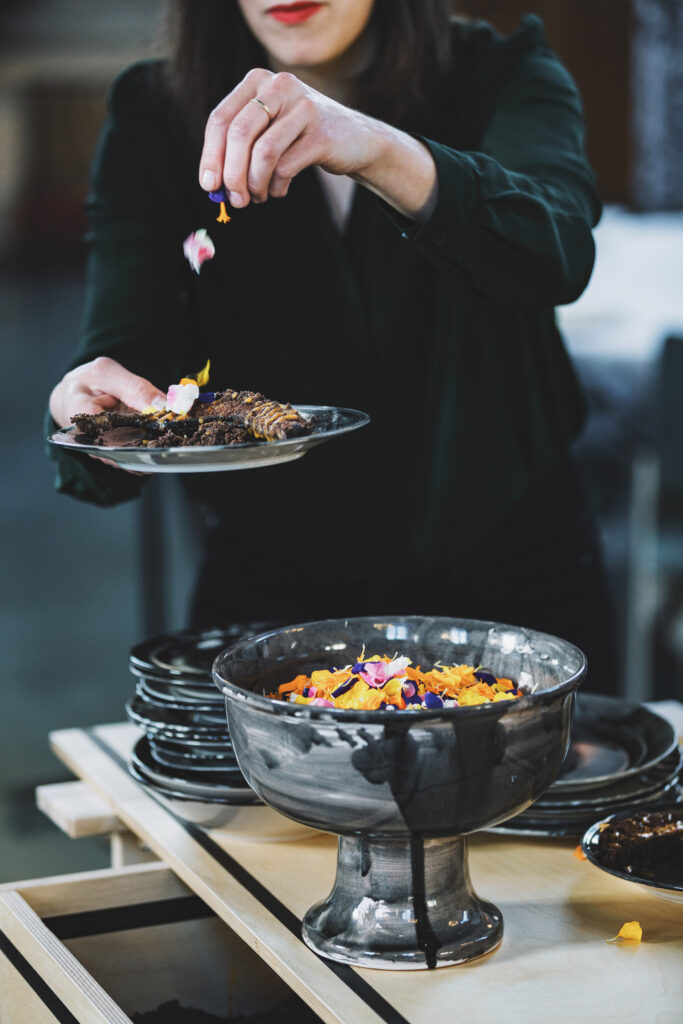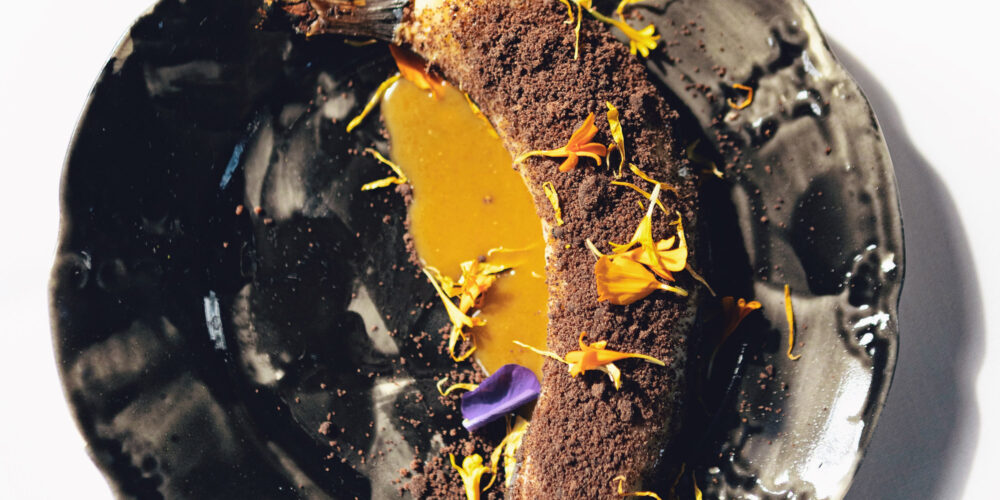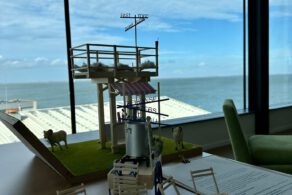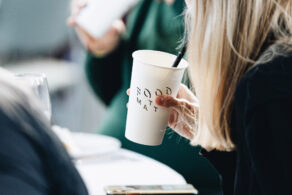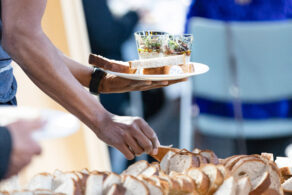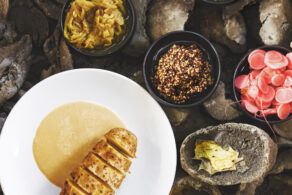Gepubliceerd op 01-02-2023
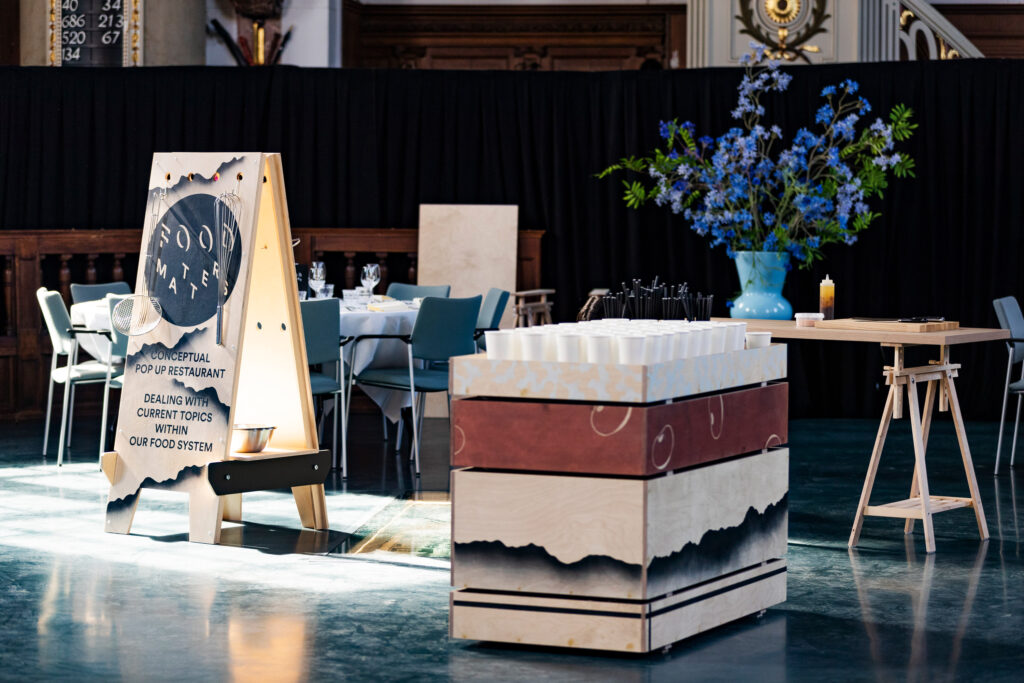
We have been designing conceptual projects for over a decade. Oftentimes, projects are not focused on food as an outcome. With FOOD MATTERS we have set up a collaboration with inspiring chefs to translate our ideas and concepts into an edible experience. The first edition dealt with (the loss of) biodiversity and was hosted in Zeeland, The Netherlands:
The whole world is on our plate, yet our food is becoming increasingly less diverse. Everywhere in the world the same species of cattle are bred. We are rapidly losing a wealth of local heritage, local flavours, local crafts. A universal food system might seem highly efficient but it is indeed very fragile.
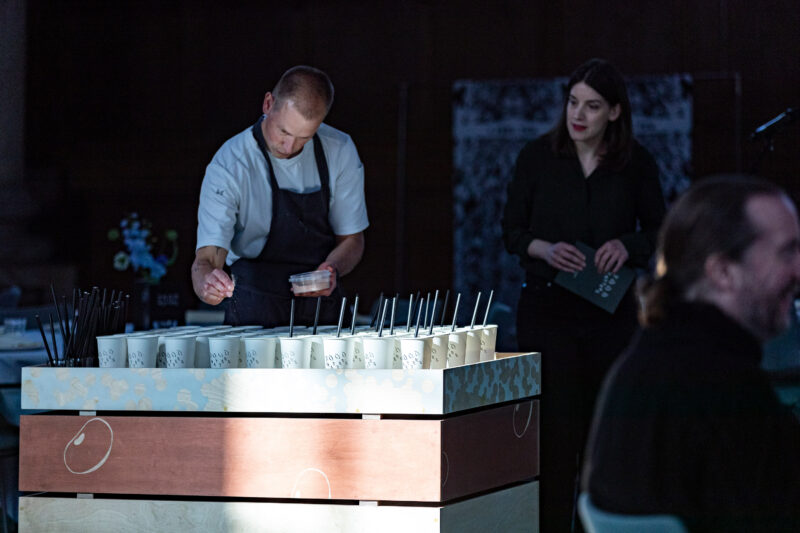
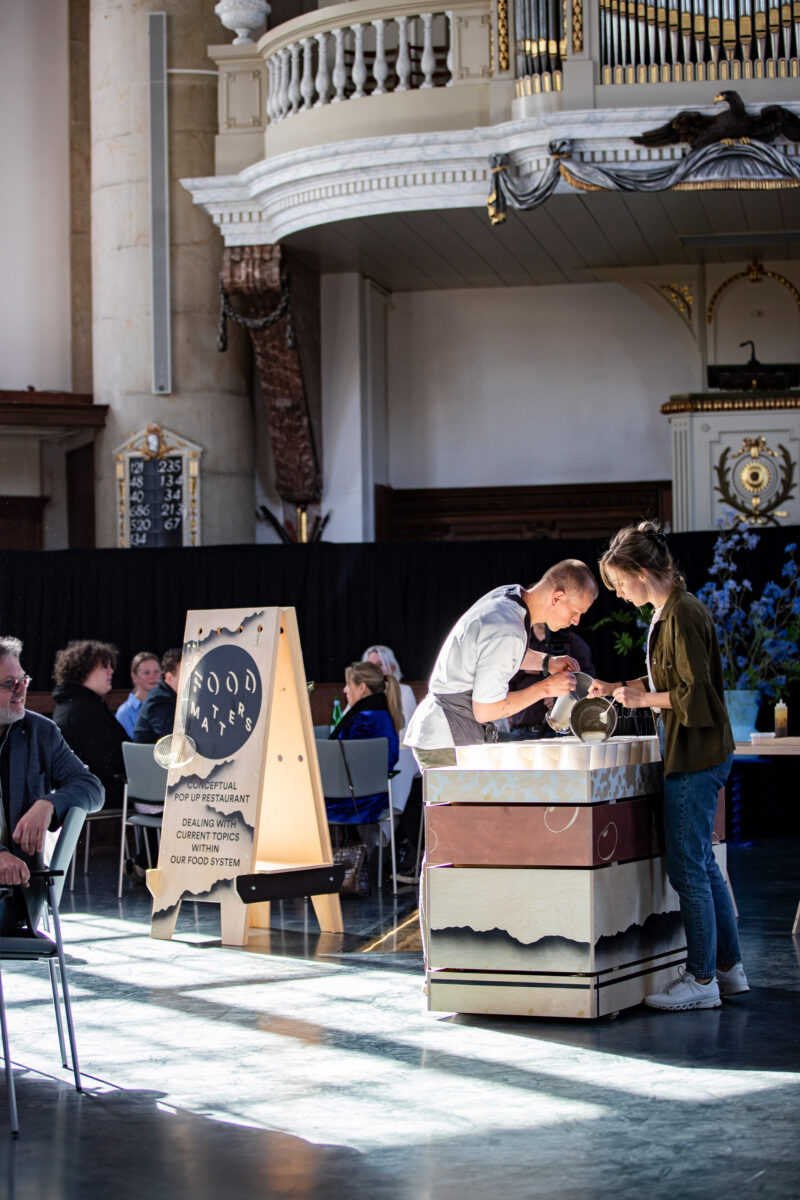
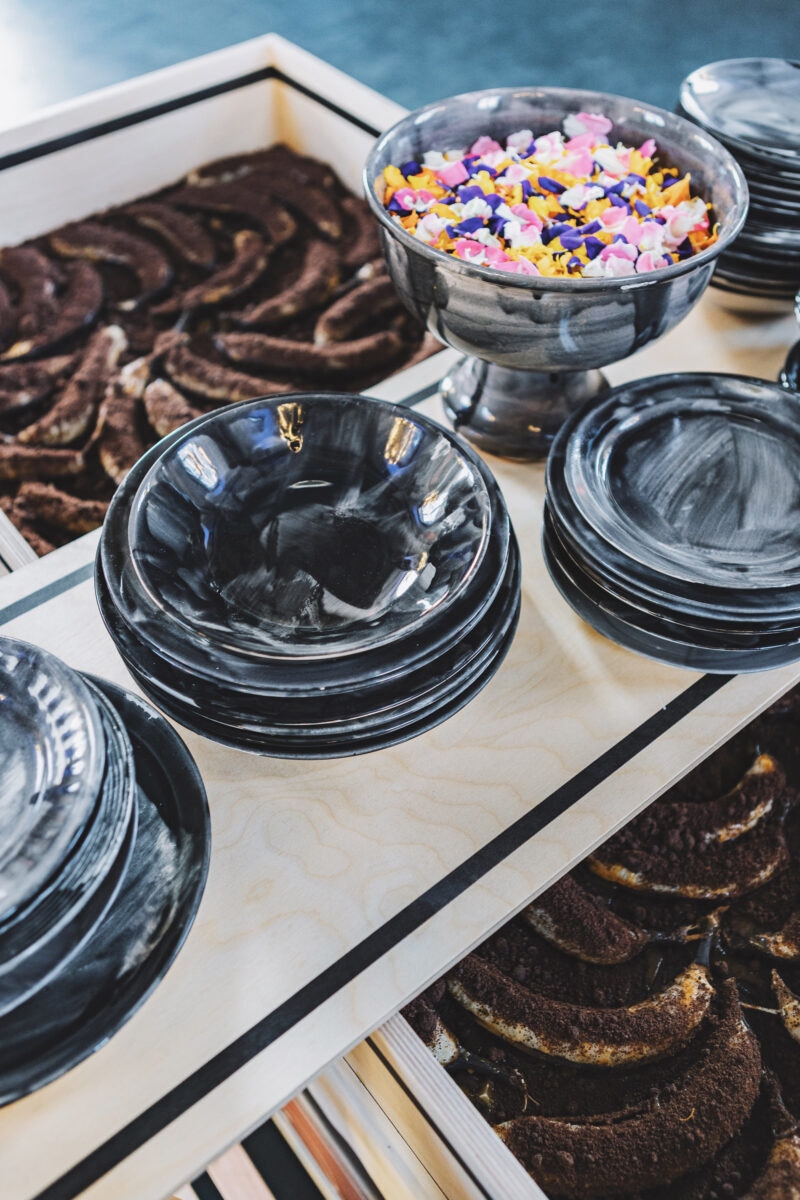
FOOD MATTERS menu 30th April & 1st May 2022, Mostly Modern Festival, Oostkerk Middelburg.
Fast Food Shake Slow
A universal fast-food icon (milkshake) in an equally universal flavor (vanilla) is recharged with a new, local meaning.
Zeeuws Melkschap is a domestic breed of sheep. Kept in Zeeland for centuries for its milk and its wool, but also because it could easily graze on the dikes. These sheep can graze on slopes and with their feet they tamped the dikes, which were thus reinforced. The bland taste of synthetic vanilla is so common for us that the very word vanilla is synonymous with boring, basic. Real vanilla only grows on Madagascar, it is very complex in taste and is more expensive than silver.
sheep’s milk, vanilla oil, rhubarb
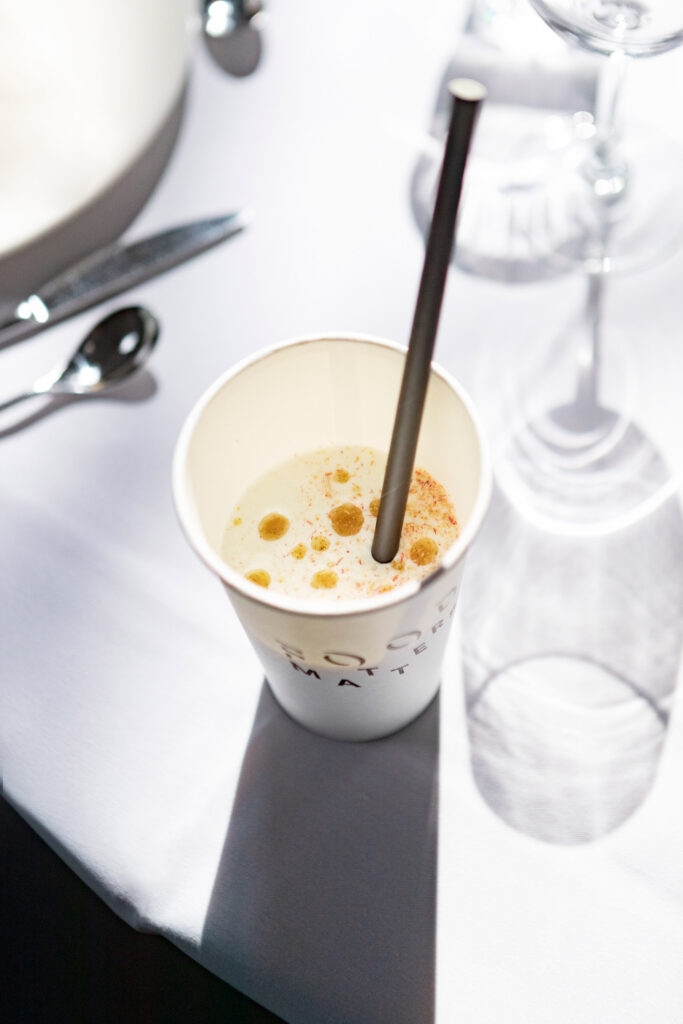
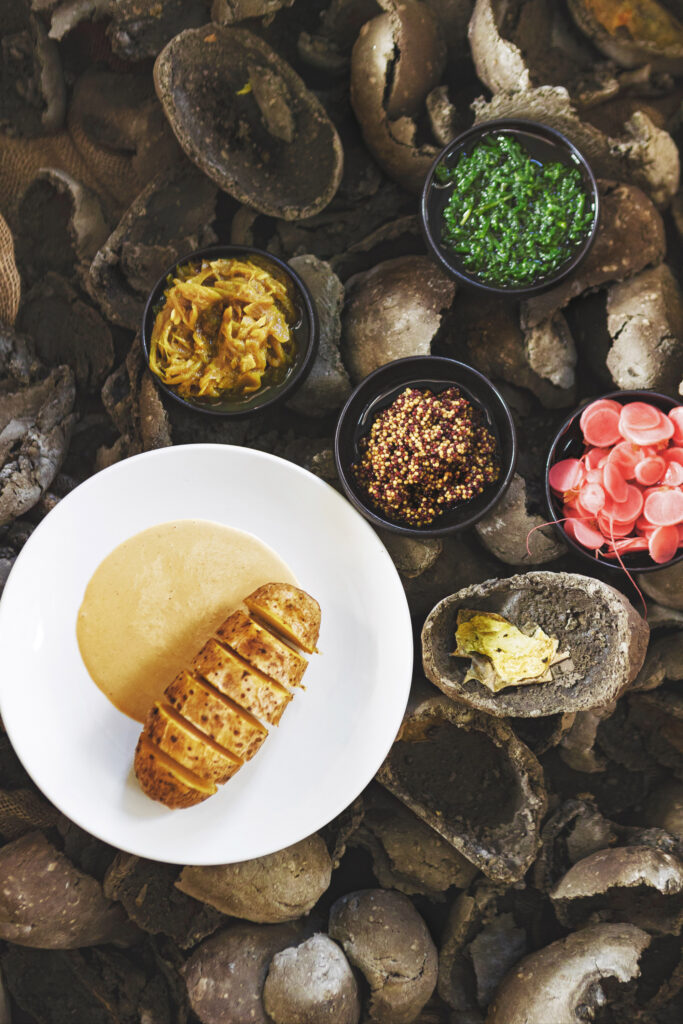
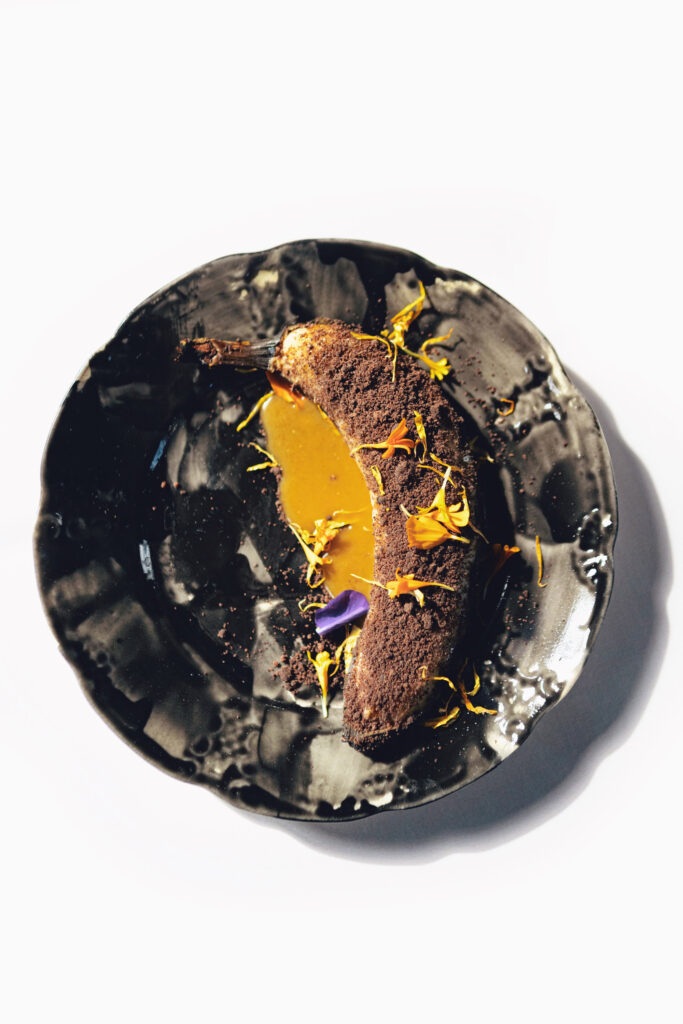
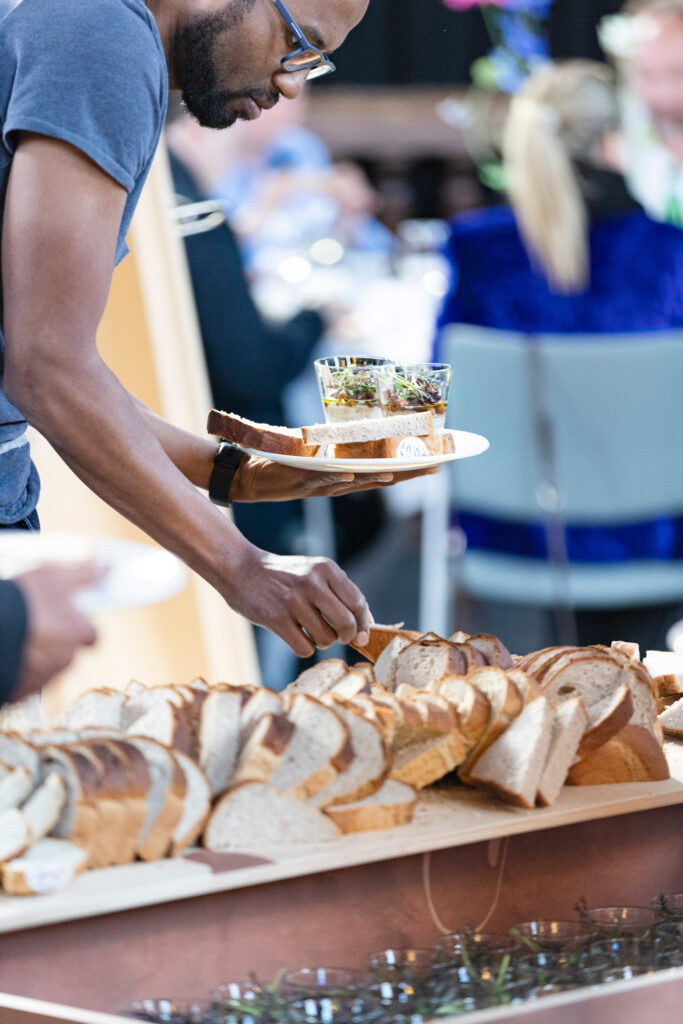
World Traveller
For long the Dutch Wieringer Pronkboon was forgotten and even thought extinct, until this small bean re-emerged in the US.
Two decades ago, the bean was re-immigrated into the Netherlands and was included in a biodiversity breeding program. At the moment this bean can only be bought as seeds and not for consumption. That means this little bean remains very niche; a real contribution to biodiversity is not yet happening.
various beans, fermented wild garlic, lovage oil, green herbs, one Wieringer pronkboon bean
Innovator AOP
A local product which is exported all over the world, yet it remains invisible.
Zeeland groots a lot of potatoes. Many of them are of the species ‘innovator’; a potato developed by French fries industry. The mass cultivation of these species is leading to homogenisation, loss of local flavours, techniques and crafts and poses a risk for our food system in terms of biodiversity. Retroactively, we reconnect this potato to the local landscape, even giving it a new taste.
potato, clay, mustard, fermented radish, samphire, onion, sea salt
Banana’s funeral
People all over the world eat bananas. There are all the same bananas: the Cavendish species.
The Cavendish is threatened by an untreatable fungal disease. Because of the lack of biodiversity in bananas all banana plants in the world are at risk of getting infected. Therefor it is a real possibility we might not have any bananas in ten years.
